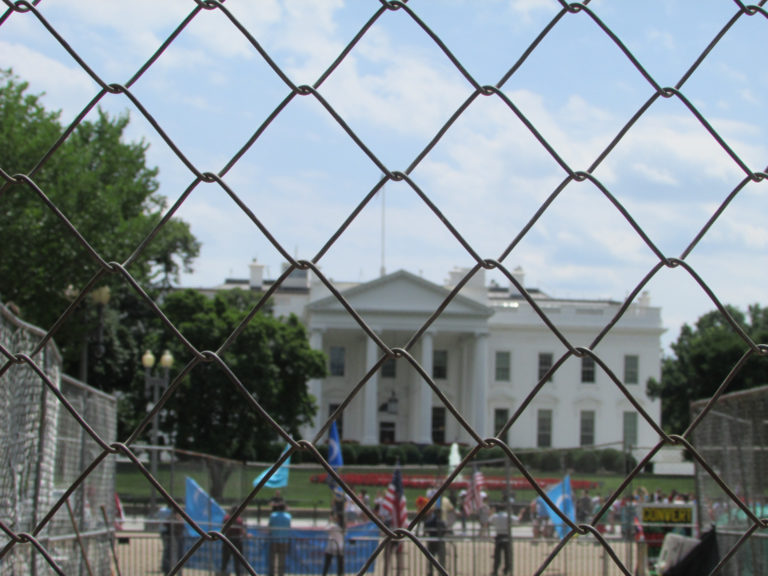By Fiona Morgan, News Editor
The 2018-2019 government shutdown is already the longest in American history. People, not just federal workers, are losing money and opportunities all over the country. Even some college students are hitting roadblocks with their financial aid.
In order to apply for financial aid at a college, a student has to obtain a tax transcript from the IRS, but according to USA Today and CNBC, most workers at the IRS have been furloughed. Therefore, many students have had to estimate the amount of aid they’ll receive but fear that it could be less than it was previously.
As a result, schools are working to find a solution. The Department of Education, which is not shut down, is allowing colleges to accept 2018 or 2017 tax returns in place of current transcripts.
But some students are still running into problems. One sophomore at the University of Michigan-Dearborn, Cartonise Lawson-Wilson, was unable to submit paperwork to the IRS for a grant for student housing. She started a GoFundMe campaign in which she wrote, “With the government shutdown myself and other students cannot access IRS tools and resources to make the necessary changes to our FAFSA Applications and will not receive funding.”
The New York Times picked up her story and left a link to her campaign in its article. At the time, she had raised only $15 of the $7,512 required. But as of Jan. 21, she surpassed that goal by receiving $7,737 from 129 strangers who read her story.
Students currently applying for the FAFSA for the 2019-2020 year may have trouble if the shutdown continues much longer. In order for schools to provide aid to eligible males who registered for the draft, they need confirmation from the government. The government checks with the Selective Service System to confirm the student registered and then allows the school to move ahead with the application.
With the government unable to make those checks, those students who have not picked a college for next year have a limited time to complete their applications successfully. Kiely Fletcher, executive director for financial aid at the University of Illinois at Chicago, told the Chicago Tribune, “About a month from [the beginning of January] is when we’re going to start to get panicky for those students whose matches are not being done.”
On the bright side, some colleges are going to greater lengths to help their students. Southern New Hampshire University created a $1 million emergency fund for students and employees losing their income because of the shutdown. The university is giving it out in grants to federal workers or those married to a federal worker. Once students or employees apply and receive the money, they do not have to repay it later.
MSN reported that the economic cost of the shutdown may already be more than $5 billion, which is how much President Trump demanded to build the border wall. Standard & Poor’s, a financial services company, estimated that the cost of the 16-day government shutdown in 2013 came to $24 billion due to decreased consumer and investor confidence.
If the shutdown continues, students might be hitting more financial barriers in the next year.




